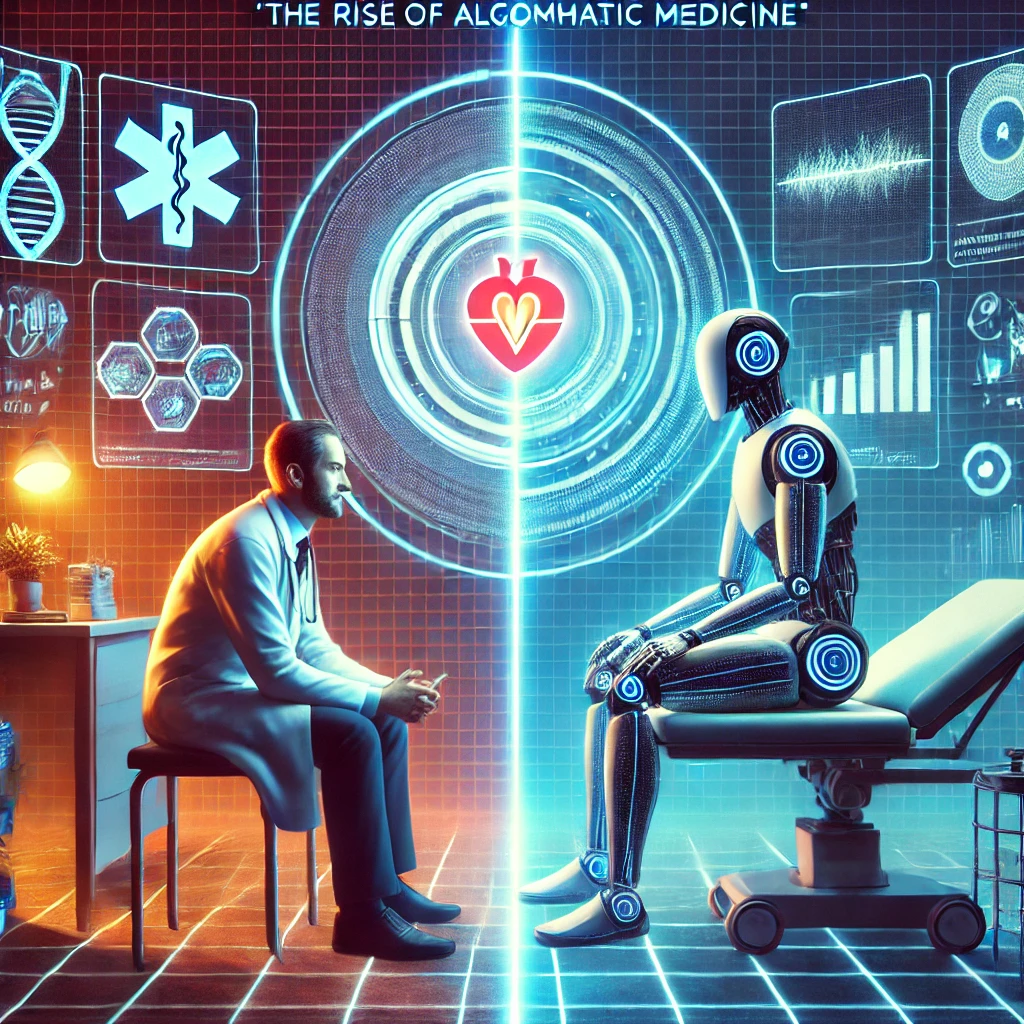
The landscape of healthcare is undergoing a seismic shift. We’re witnessing the dawn of an era where AI and robotics are no longer futuristic fantasies but tangible realities transforming how we receive medical care. The traditional patient-doctor relationship is being redefined from AI-powered diagnoses to robotic surgeries.
The “Human Touch” vs. Technological Precision
For generations, the image of a doctor with a reassuring bedside manner has been synonymous with quality healthcare. But what if we could achieve even better outcomes with the cold precision of AI and robotics? Companies like Forward are pioneering a model where patients can receive comprehensive medical care without ever interacting with a human physician.
Robotic Surgery and Remote Expertise
Robotic surgery is no longer a novelty. It’s becoming increasingly common, allowing for greater precision and minimally invasive procedures. Furthermore, remote surgery, where a physician controls a robotic arm from a distant location, expands access to specialized care in underserved areas.
A Generational Divide?
While older generations may find this shift unsettling, younger generations, raised in a digital world, are often more receptive. They prioritize efficiency, convenience, and access to the latest technology. The idea of a “personal touch” may seem outdated and unnecessary for them. They’d rather have the most accurate diagnosis and effective treatment, even if it means interacting with a machine instead of a human.
The Benefits of Algorithmic Medicine
- Increased Efficiency: AI can process vast amounts of data and identify patterns humans might miss, leading to faster and more accurate diagnoses.
- Enhanced Precision: Robotic surgery allows for greater precision and control, reducing the risk of complications.
- Expanded Access: Telemedicine and remote surgery can bring specialized care to underserved areas.
- Personalized Medicine: AI can analyze patient data to develop personalized treatment plans.
The Challenges and Ethical Considerations
- Loss of Empathy: Can machines truly replace the empathy and compassion of human caregivers?
- Data Privacy and Security: AI in healthcare raises concerns about data privacy and security.
- Algorithmic Bias: AI algorithms can be biased, leading to disparities in care.
- The Doctor-Patient Relationship: How will the traditional doctor-patient relationship evolve in this new era?
The Future of Healthcare
AI and robotics are here to stay. The future of healthcare will likely involve a hybrid model, where technology augments and enhances the capabilities of human caregivers.
The Question Remains
Are we ready to trade some of the “human touch” for the efficiency and precision of algorithmic medicine? Will younger generations drive this change, or will the importance of human connection in healthcare ultimately prevail?
What are your thoughts? Share your experiences and opinions in the comments below!